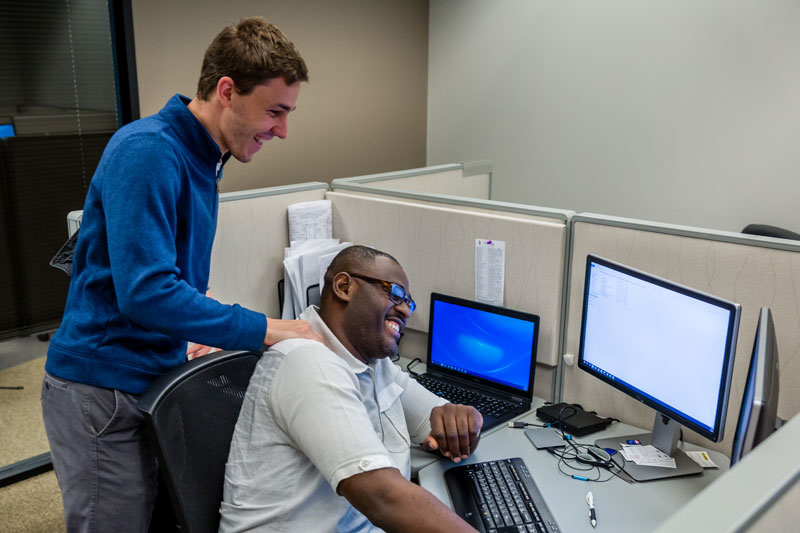By Tom Brindley, Founder and CEO, Brindley Engineering
Reflect, Don’t Deflect
In this summer of 2020, we are experiencing a health crisis due to COVID-19 that hasn’t been seen in a century. The response to the virus has led to a financial crisis and a mental health crisis due to physical distancing efforts to prevent the spread of COVID-19. Historic unemployment, delayed weddings, cancelled graduations, and a general lack of physical connection are taking a toll on our well-being. Layer on top of COVID-19 a general deterioration of our social discourse combined with the tragic events we have seen in Georgia, Minneapolis, and elsewhere, and it may feel like things are spiraling out of control.
In these stressful times, we, as leaders, are more likely to encounter a situation where emotions are heightened in a given setting. You may feel the same emotional pull that a teammate or colleague may be exhibiting but consider your response and try to reflect, not deflect, their emotional output. For example, if a person ‘blows up’ or is confrontational to another person, and you are the team leader, there are 2 different ways you can react in that situation. You could try letting the person blow off steam and actively listen to them (reflective). Or you can be dismissive and tell them to ‘figure it out.’ (deflective).
In times like this, it’s more important than ever to show you are empathetic and there to listen and be supportive by reflecting (or “mirroring”) their emotions. It’s not about “piling on”, but by saying, for example, “Wow, I understand why you are upset. If I was experiencing what you are, I would feel the same way. But let’s try to understand what we are upset about….” This type of response shows you are listening, reflecting the emotional tension and this can help put a stressed-out person at ease. When people feel they are listened to, they open their mind up to think more critically about a situation, resulting in the ability to really dissect a situation, think about alternative opinions and viewpoints to react to the situation, and therefore creating opportunity for better outcomes. This reflection technique is often more powerful than a deflection technique.
At Brindley Engineering we strive to create an “island of calm”. A stable work environment where everyone feels welcomed, included, and respected. Where what matters most is the content of one’s character. We aim to share the same values and support one-another through good times and tough times equally. That support includes listening and being empathetic to one another. To lead at every level when called upon. This is what we mean by “BE Together” no matter what is going on in front of us or in the world around us.
More From This Series:
- Engineering Leadership Principle #1: Ego
- Engineering Leadership Principle #2: Body Language in Communication
- Engineering Leadership Principle #3: Accountability
- Engineering Leadership Principle #4: Communication
- Engineering Leadership Principle #5: Boost Employee Morale
- Engineering Leadership Principle #7: Building Client Relationships
- Engineering Leadership Principle #8: Delegation
- Engineering Leadership Principle #9: Taking Ownership
- Engineering Leadership Principle #10: Empowerment


0 Comments